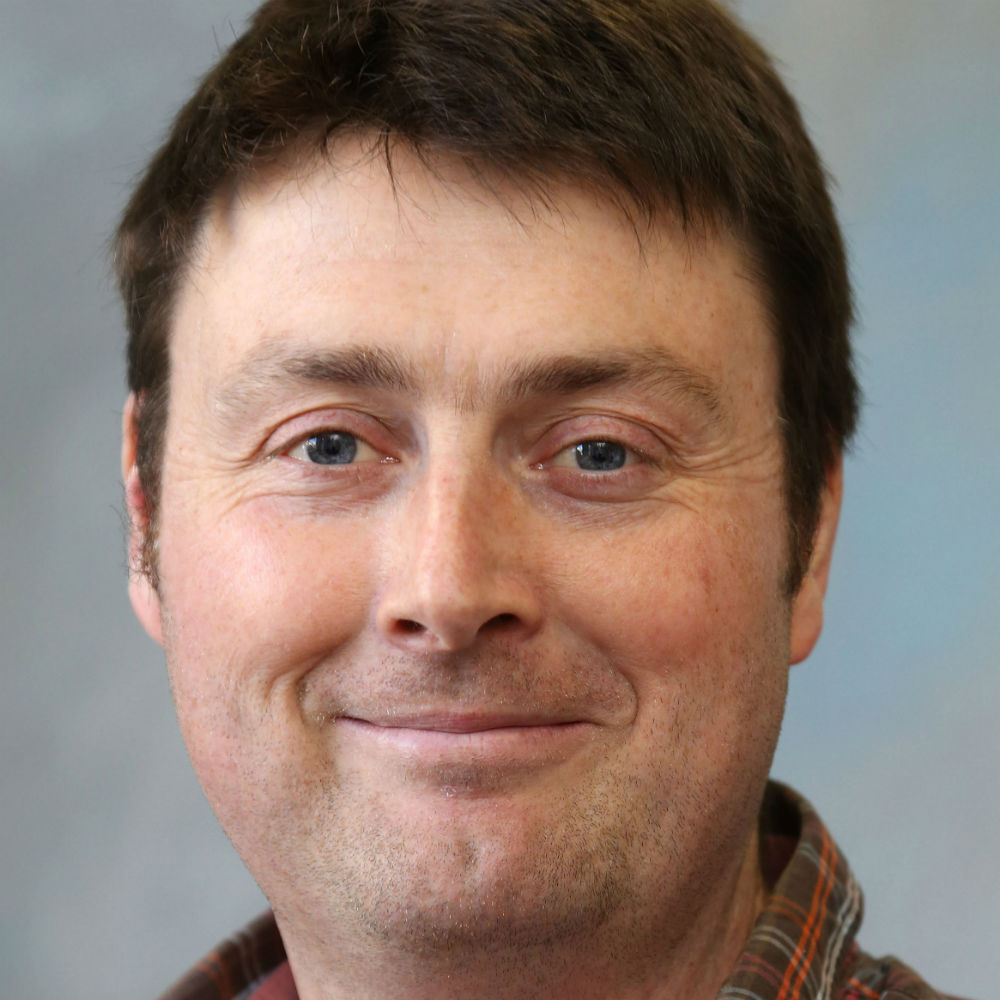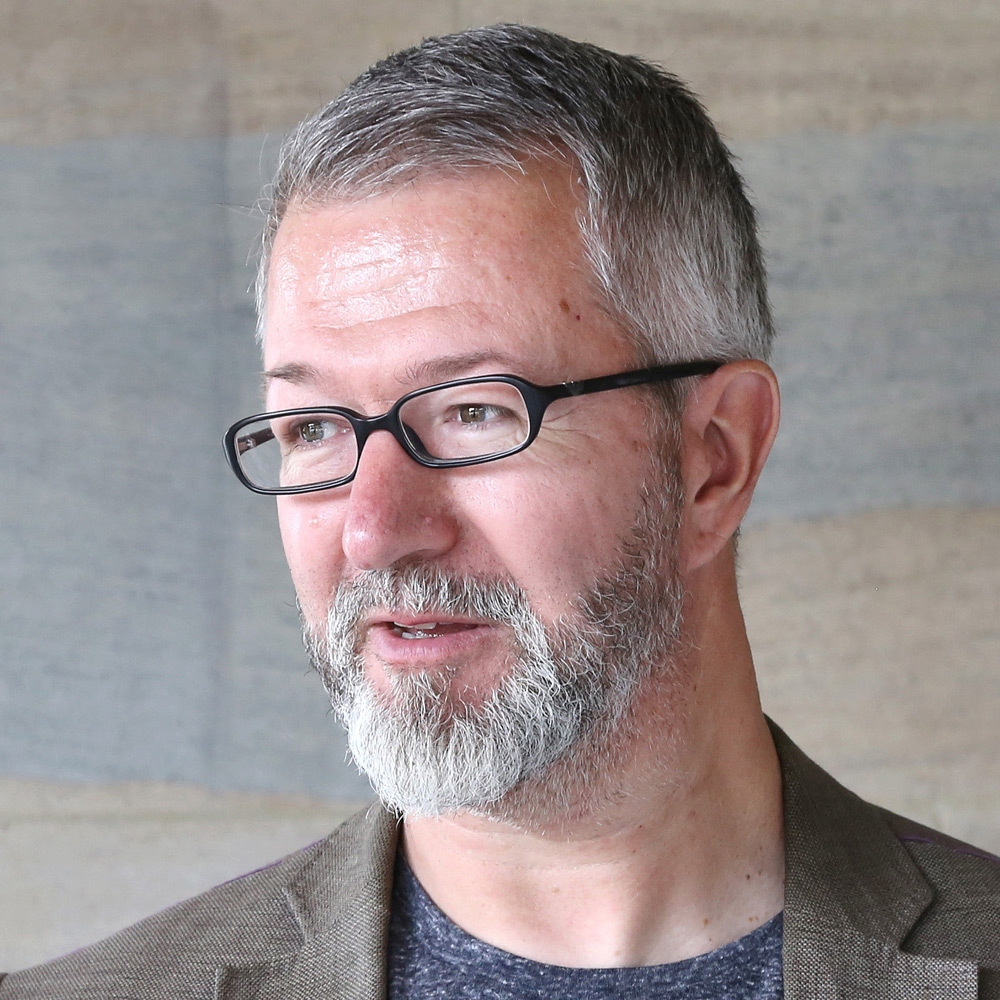Interdisciplinary focus
Working with stakeholders in government, conservation, the public and hunting sectors you can develop approaches to overcome barriers to sustainable wildlife harvest. Embedded in a socio-ecological context you will use a range of methods (such as ecological models, surveys, qualitative interviews and focus groups) to determine current recreational harvests of waterbirds and better understand differences in worldviews that can help or hinder a sustainable transition in wildlife management.
Training and support
You will be supported through the Sustainable Transitions training programme which provides initial training in interdisciplinary research methods, training in the secondary discipline within the project area, and ongoing training throughout the duration of the programme. All doctoral scholars benefit from the support of Proficio, which entitles you to £2,500 that can be used to purchase training courses either within or external to the University.
Additionally, all scholars are entitled to an additional £10,000 that can be used to cover research costs and further training. Doctoral scholars are encouraged to audit/attend University masters and degree level courses where appropriate. You will also have the support of the Sustainable Transitions management team as well as your own supervisory team. All Sustainable Transitions scholars will become part of the University of Essex Centre for Environment and Society through which ongoing events and networking opportunities are available.
Person specification
This opportunity would suit a candidate with a background or interest in conservation science, natural resource management and policy. We are interested in candidates with a degree (or equivalent experience) in biological or environmental disciplines, sociology, maths or computing. It is not necessary for the candidate to have prior training in population ecology or qualitative social science methodologies as these will be provided on the programme.
Research proposal
The project area is broadly defined, leaving scope for the applicant to develop their own specific research proposal as part of the application. The successful candidate will further develop their proposal in close consultation with the supervisory team.
Supervision
The primary discipline supervisor takes the lead responsibility for supervising the project. For further detail relating to supervision see the Guidance for Applicants (.docx) document.
Additional background information
Wildlife harvesting arguably has the potential to contribute to wildlife conservation, as well as to economic, social, and cultural wellbeing. However, there are concerns about the sustainability and animal welfare implications of current hunting and fishing practices and intensities in the United Kingdom, which could undermine the legitimacy and social licence of wildlife harvests. To ensure that the realised and potential negative effects of wildlife harvests are minimised – the United Kingdom and much of Europe requires a transition from its current Game and Wildlife social and legal framework developed between the 1940s to 80s to an evidence based regulatory framework. Likewise to ensure that the potential conservation, economic, social and cultural positive effects are maximised, it is imperative to explore the social licence of wildlife harvest in the United Kingdom. Such an exploration would examine the many and varied motivations behind wildlife harvest, why obtaining harvest data is difficult, and investigate methods for obtaining harvest data on which sustainability and regulation should depend. It would also consider the many and varied views across society on what might be deemed ethical and sustainable exploitation. This could include speaking with stakeholder organisations, e.g. RSPB, BASC, as well as the public.
An ethical and evidence based regulatory framework would need to be scientifically robust (i.e. have good data), but also acceptable to both hunters and wider society – as we might expect for other harvesting systems – e.g. marine fisheries.
The exact methods and approach that the successful applicant can employ are being left open, with scope to explore a broad set of questions or focus more deeply on fewer. The successful applicant’s project would have a focus that represents natural resource management embedded in ecology (2-3 questions: 70%) and social sciences (1-2 questions: 30%).
Using the legal recreational harvest of water-birds in the United Kingdom as a model system, questions we have identified, that are also important to Natural England include 1) comparing between passive and active methods to obtain harvest data – for example ecological data science and Artificial Intelligence analysis of images scraped from social media vs social sciences focus group led survey designs; 2) assessment of the sustainability of waterbird harvests across a range of ecological models; 3) exploring the potential for different governance and regulatory management tools, i.e. in different systems- e.g. UK recreational fishing, African-Eurasian Waterbird Agreement led, or different places e.g. North American waterfowl harvest management plan and 4) using literature on the interaction between hunting and conservation, and developing methods from social sciences, to critically assess the past and present social licence for hunting wild birds in the United Kingdom.
This Leverhulme Sustainable Transitions PhD brings modern Conservation science – a science of wildlife and people – to bear on the problem of regulation and social understanding of UK water-bird harvests.
How to Apply
Full details available at Sustainable Transitions Leverhulme Doctoral Training Programme.
Supervisory team references
- Ellis, M. B., & Cameron, T. C. (2022). An initial assessment of the sustainability of waterbird harvest in the United Kingdom. Journal of Applied Ecology, 59, 2839–2848. https://doi.org/10.1111/1365-2664.14281
- Madden, J. R., Ellis, M., and Cameron, T. (2024). An Assessment of Sufficiency of Data Availability on UK Waterbird Harvests for Accurately Estimating the Scale and Sustainability of Harvest of AEWA-Listed Waterbird Populations . JNCC Report No. tbc (Research and Review Report), JNCC, Peterborough, ISSN 0963-8091.
- Cameron, T.C., O'Sullivan, D., Reynolds, A., Hicks, J.P., Piertney, S.B. and Benton, T.G. (2016), Harvested populations are more variable only in more variable environments. Ecology & Evolution, 6: 4179-4191. https://doi.org/10.1002/ece3.2164
- Nixon, S. (2022) Passions for Birds: Science, Sentiment and Sport, McGill Queen’s University Press.
- METHODS PAPER: Thurstan, R., Zu Ermgassen, P., Cameron, T.C. et al. (2024). Records reveal the vast historical extent of European oyster reef ecosystems. Nature Sustainability.







